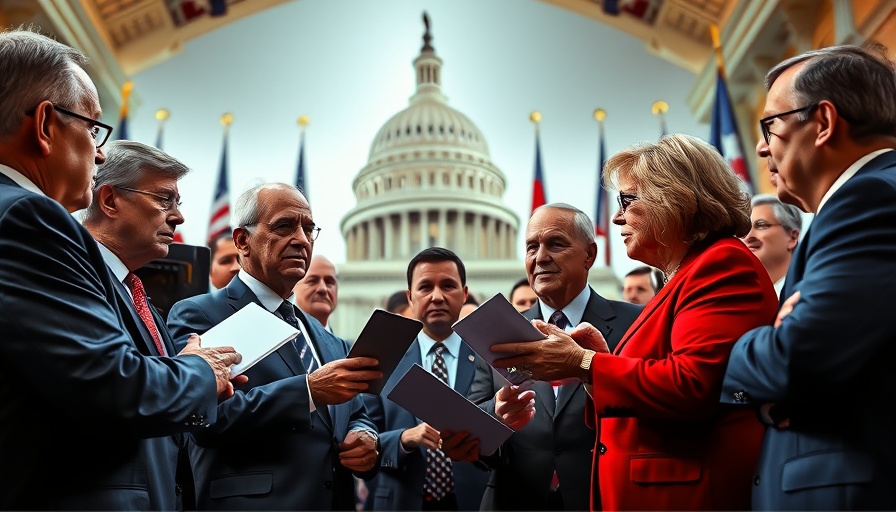
The Impact of Trump on Higher Education
In recent years, higher education has witnessed a seismic shift, particularly influenced by the policies of the Trump administration. As reported from the University of Texas at San Antonio (UTSA), the repercussions of these changes have deeply affected students, faculty, and educational programs alike. Programs like the Maximizing Access to Research Careers (MARC) initiative are being cut, affecting the aspirations of talented students who once thrived under such supportive frameworks.
Understanding the MARC Program's Legacy
The MARC program, designed to open the doors of research opportunity for students from underrepresented backgrounds, has been a game-changer at UTSA. It has provided invaluable resources and mentorship to aspiring scientists like Reina Saldivar. With the sudden termination of this program, which has operated successfully since the 1980s, students are left concerned about their futures. This transition speaks volumes about the current climate of higher education under Trump's administration, where programs aimed at diversity and inclusion are finding themselves at risk.
Disruptive Changes in Federal Funding
As reported, the NIH and HHS have shifted priorities that now overlook critical programs integral to equipping new scholars with the tools they need. Barea-Rodriguez, the MARC program director at UTSA, expressed his frustration, stating that the dismantling of years of effort and opportunity has left many young scientists uncertain about their career paths. This not only endangers their personal ambitions but also hinders progress in vital public health sectors.
Cultural Considerations and Community Impact
UTSA stands out as a Hispanic-serving institution, with a diverse student body that heavily relies on federal funding to progress in academic fields. The university has been recognized for transforming from a community college perception to a bustling hub for research, largely thanks to investments from federal initiatives like MARC. The loss of such programs reverberates beyond just individual students; it threatens the overall growth of scientific diversity and representation in the nation.
Broader Implications for Diversity in Science
Across America, the reshaping of higher education is affecting broader societal frameworks. The dominance of monocultural views can hinder innovation in science and research. Eliminating programs focusing on diversity, equity, and inclusion only serves to narrow the pool of ideas and perspectives that are crucial for breakthroughs in research and technology.
The Future of Research and Education
What does the future hold for institutions like UTSA? The initial excitement of recent advancements in research and education may give way to anxiety as federal support diminishes. If federal funding continues to retract from initiatives aimed at fostering diverse student groups, we may see a drop in the number of innovative solutions emerging from the scientific community.
Steps Forward: Advocacy for Change
While the situation may seem daunting, it’s crucial for students, educators, and communities to come together to advocate for the retention and support of diverse educational programs. Grassroots efforts can reignite funding opportunities and influence policy changes that ensure all students have access to the necessary resources for their academic success.
With changes that threaten important foundations in higher education, now more than ever, it’s the responsibility of university stakeholders to push for a future where access to education is equitable and diverse. Engaging in discourse about these policies may inspire others to join the cause for preserving essential programs such as MARC.
 Add Row
Add Row  Add
Add 




 Add Row
Add Row  Add
Add 


Write A Comment